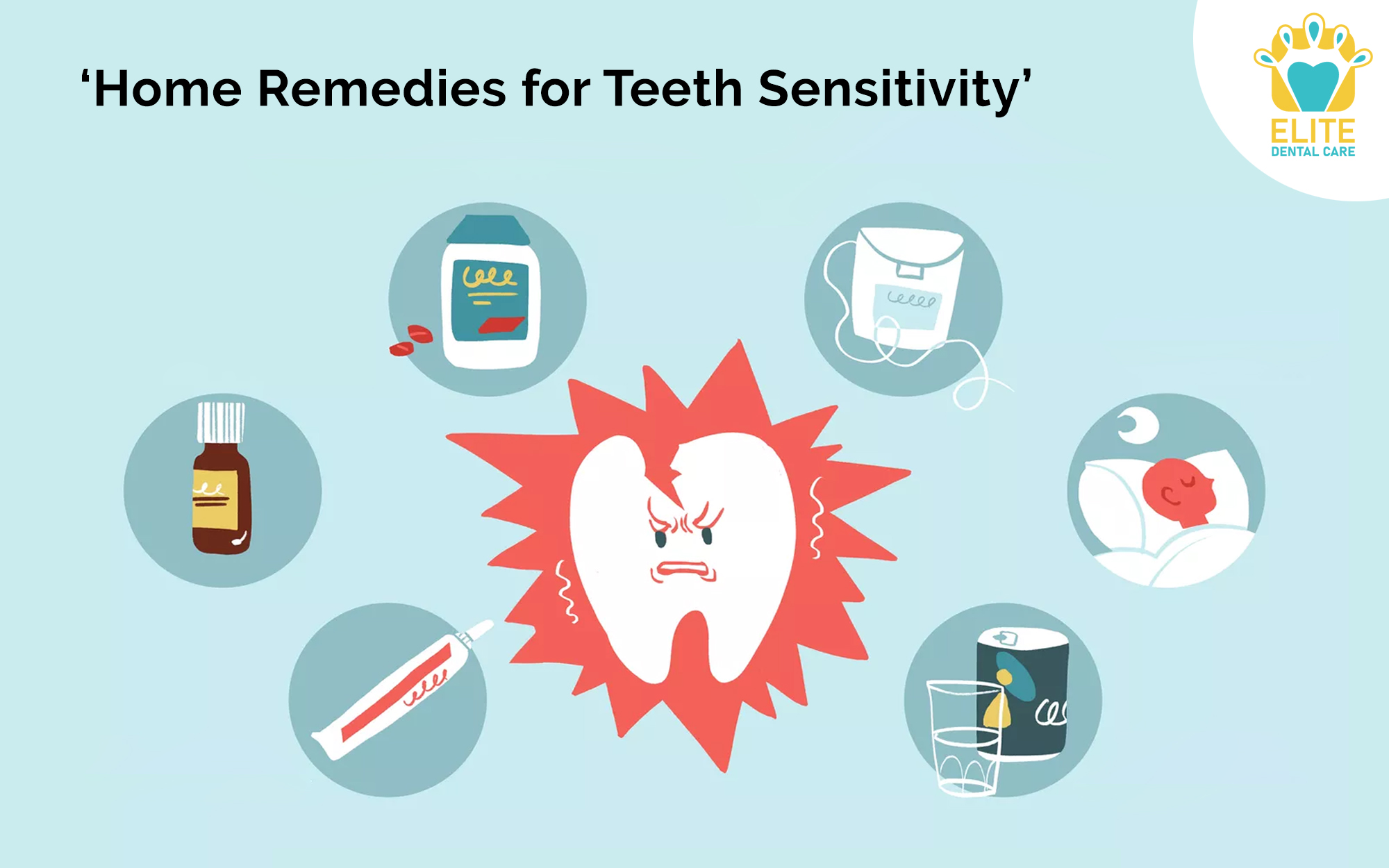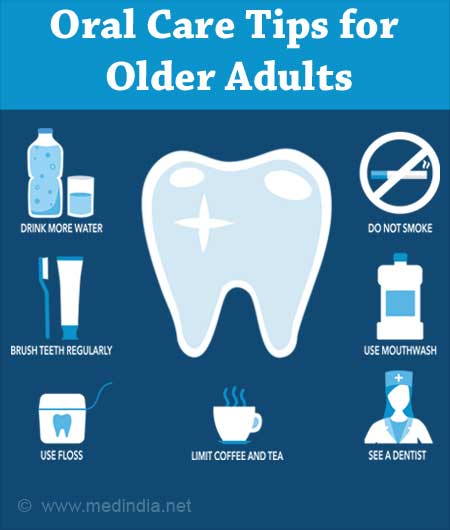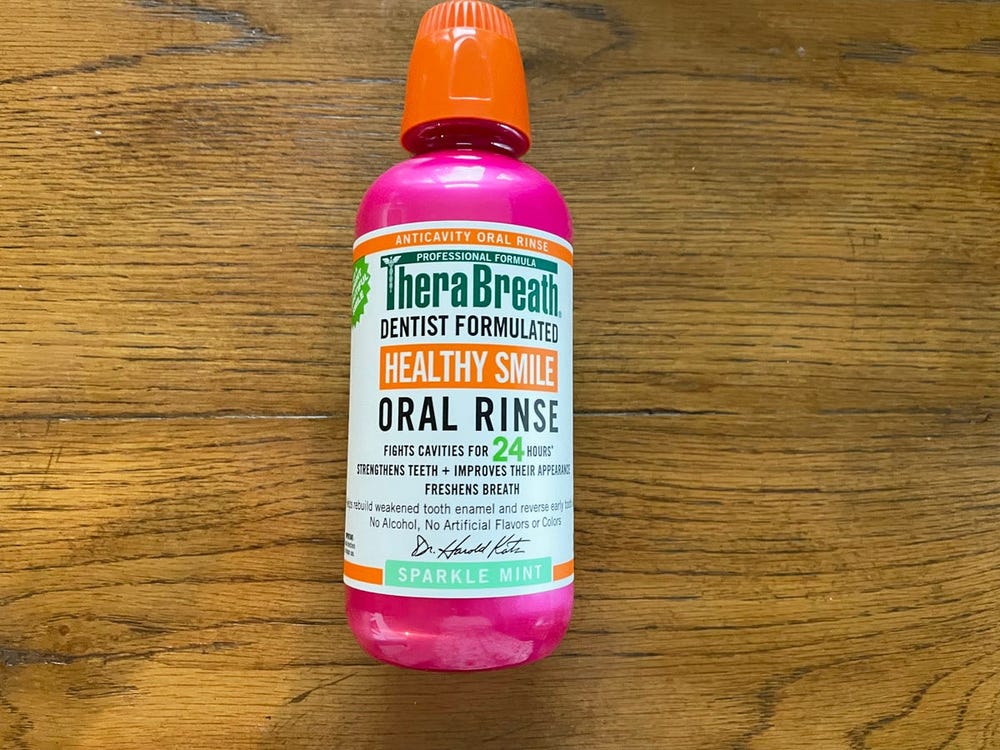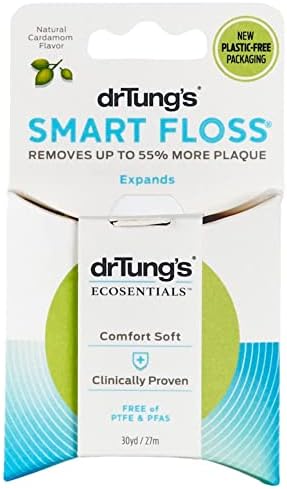Introduction
As we age, our dental health becomes increasingly important. Many individuals rely on dentures or dental prosthetics to restore their smile and improve their ability to eat and speak comfortably. However, it is crucial to properly care for these dental prosthetics to ensure their longevity and maintain good oral hygiene. In this blog post, we will discuss essential tips and techniques for denture care, helping you maintain your dental prosthetics effectively as you age.
Clean Your Dentures Daily
Proper cleaning is essential to maintain the longevity and functionality of your dentures. Start by removing your dentures and rinse them under running water to remove any loose debris. Use a soft-bristled toothbrush and a non-abrasive denture cleaner to gently brush all surfaces of your dentures, including the teeth, gums, and any metal clasps. Avoid using regular toothpaste as it can be too abrasive and damage the denture material.
Soak Dentures Overnight
It is important to give your gums a break from wearing dentures while you sleep. Soaking your dentures overnight helps to keep them moist and prevents them from drying out or warping. Use a denture soaking solution or plain water to soak your dentures overnight. Remember to follow the manufacturer’s instructions for the specific soaking solution you are using.
Handle Dentures with Care
When handling your dentures, be sure to do so over a soft towel or a basin filled with water. This will prevent them from breaking or getting damaged if accidentally dropped. Avoid using excessive force when inserting or removing your dentures to prevent any unnecessary stress on the denture structure.
Brush Your Gums, Tongue, and Palate
Even if you have full dentures, it is important to maintain good oral hygiene. Brush your gums, tongue, and palate with a soft-bristled toothbrush every morning before inserting your dentures. This helps to remove plaque and stimulate blood circulation in your oral tissues.
Visit Your Dentist Regularly
Regular dental check-ups are crucial, even if you have dentures. Your dentist will examine your oral tissues, check the fit of your dentures, and make any necessary adjustments. They can also provide professional cleaning to remove any stubborn stains or tartar buildup on your dentures.
Avoid Using Hot Water
Hot water can cause your dentures to warp or lose their shape. Always use lukewarm or cool water when cleaning or soaking your dentures.
Summary
Proper denture care is essential for maintaining good oral health and ensuring the longevity of your dental prosthetics. This blog post will provide you with valuable tips and techniques to help you care for your dentures as you age. By following these guidelines, you can keep your dentures clean, prevent damage, and maintain a healthy smile. Let’s dive into the details and learn how to properly care for your dental pr https://www.hsph.harvard.edu/nutritionsource/oral-health/ osthetics.
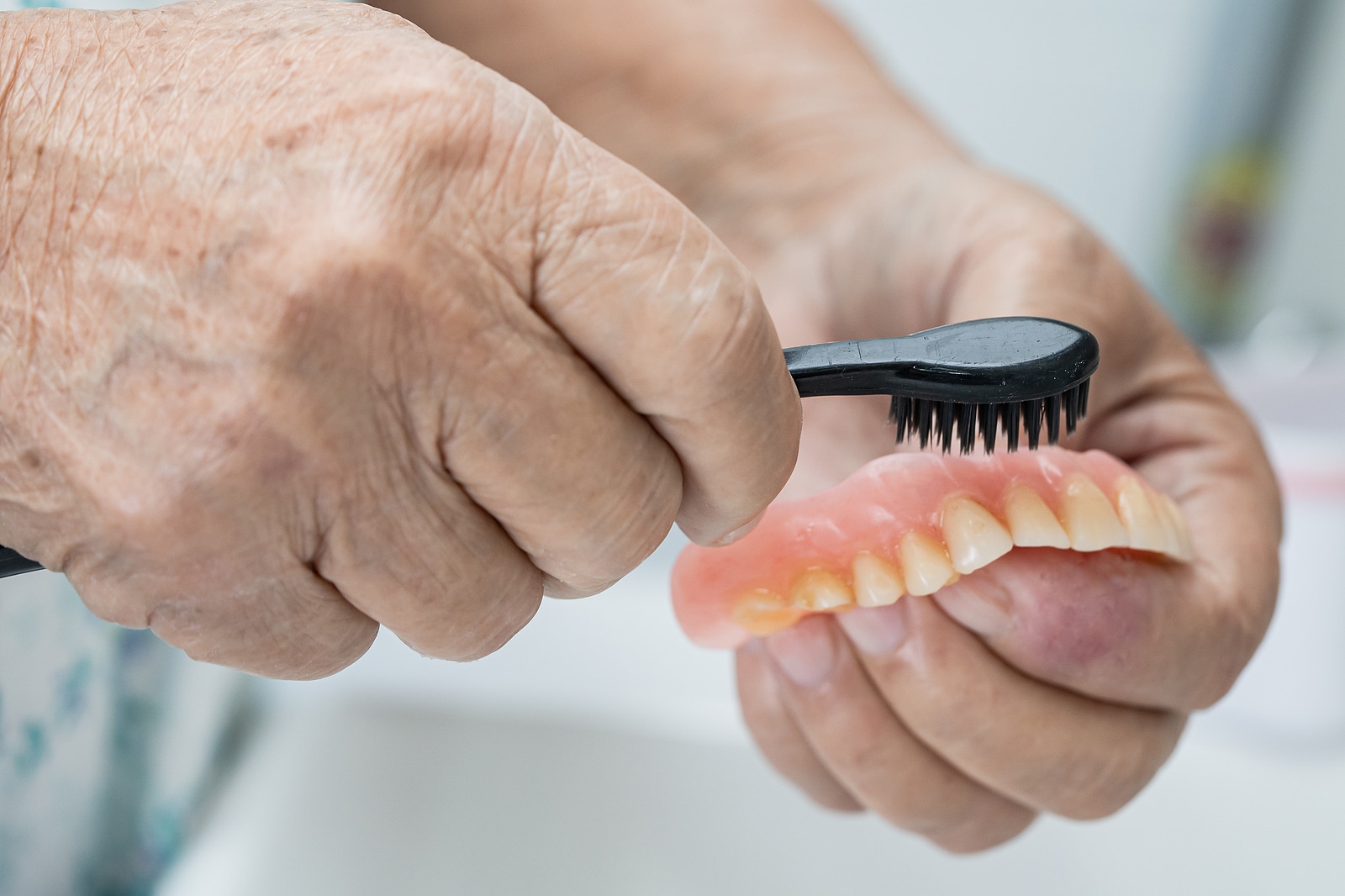
- Q: How often should I clean my dentures?
- A: Dentures should be cleaned at least once a day to remove plaque, food particles, and stains.
- Q: What should I use to clean my dentures?
- A: Use a soft-bristle toothbrush or denture brush with non-abrasive denture cleaner or mild soap. Avoid using regular toothpaste as it can be too abrasive.
- Q: Can I use bleach to clean my dentures?
- A: No, bleach can damage the denture material. Stick to denture cleaners specifically designed for cleaning dentures.
- Q: How should I store my dentures at night?
- A: Dentures should be kept moist to prevent them from drying out. Store them in water or a denture soaking solution overnight.
- Q: Can I sleep with my dentures in?
- A: It is generally recommended to remove your dentures while sleeping to give your gums and tissues a chance to rest.
- Q: How often should I visit my dentist for denture check-ups?
- A: Regular dental check-ups are important to ensure proper fit and function of your dentures. Your dentist will advise you on the frequency of visits.
- Q: What should I do if my dentures become loose?
- A: If your dentures become loose, it is important to visit your dentist for an adjustment. Do not attempt to adjust them yourself as it may cause damage.
- Q: Can I eat normally with dentures?
- A: Yes, with time and practice, you can eat a variety of foods. Start with softer foods and gradually introduce harder foods into your diet.
- Q: How long do dentures typically last?
- A: Dentures can last for several years with proper care and maintenance. However, they may need to be relined, rebased, or replaced over time due to normal wear and changes in your mouth.
- Q: What should I do if my dentures

Welcome to Implant Surgery Insights, your go-to resource for all things related to implant surgery, natural dental care, senior dental health, and dental product reviews. My name is Jamie Montgomery, and I am thrilled to be your trusted Implant Surgery Consultant.

